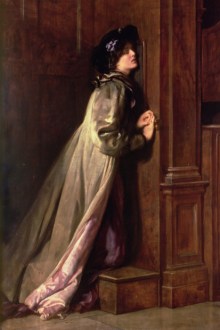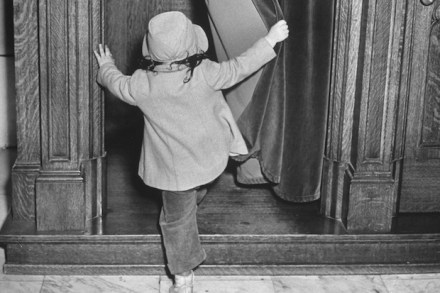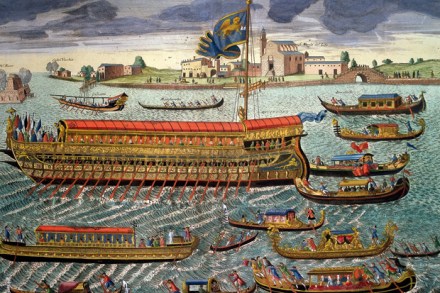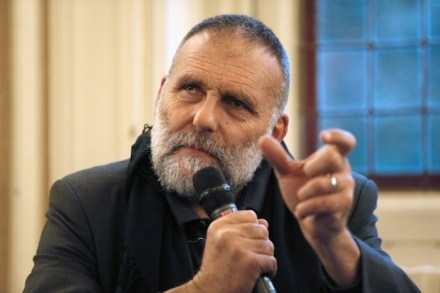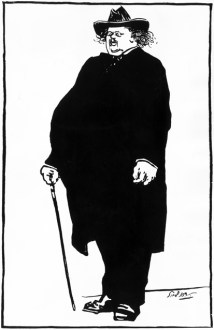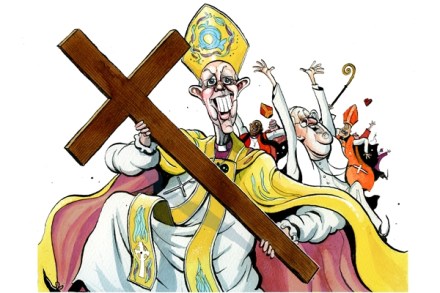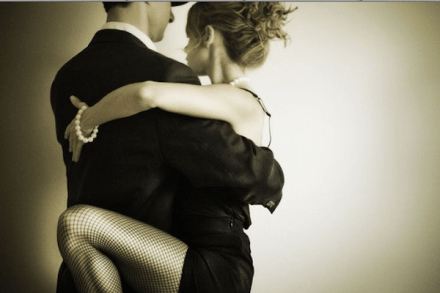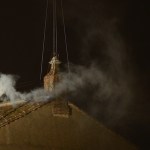Lords, spies and traitors in Elizabeth’s England
There are still some sizeable holes in early modern English history and one of them is what we know — or, rather, do not know — about the aristocracy. Of course, peers who held high office under the Crown often have their biographers. But there is still a rooted assumption among scholars that the aristo-cracy as a caste or class was in decline during and after the later 16th century. If the papers have not survived, we are left with little idea about a peerage family apart from snippets of information and the odd anecdote. Also, the sort of documents which tend to get kept are the ‘boring’ ones —



